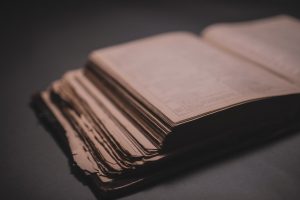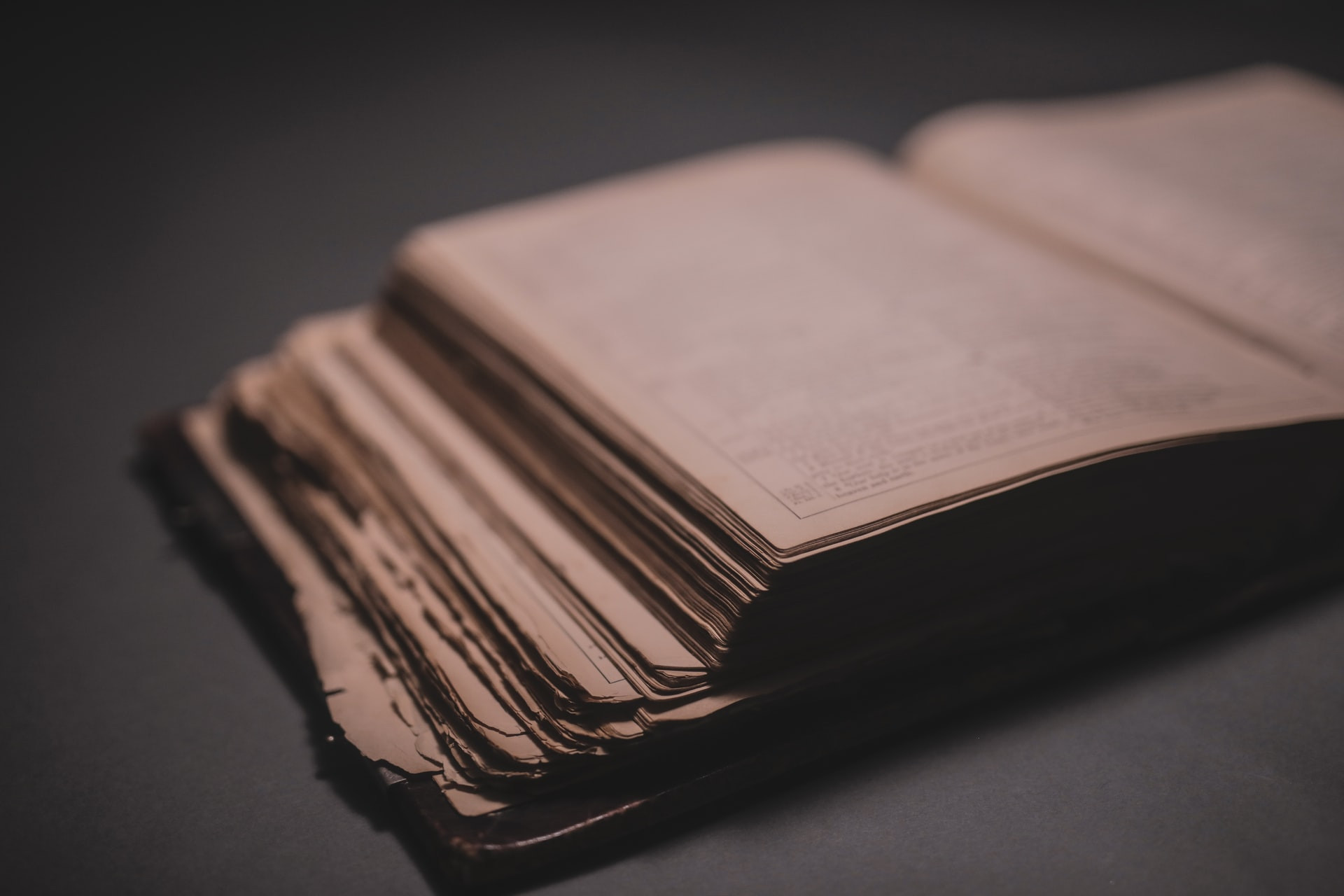
At its best, a liberal arts core curriculum engages students and faculty in thinking about big ideas — how is knowledge constructed; how can we make our communities more just and inclusive; how can we balance faith and reason; what can inspire wonder and curiosity. In UP’s revitalized Core, we are hoping to start introducing students to the big ideas of a UP education in our new Anchor Seminar. This one-credit course starting next Fall will be both an evolution of the current first-year workshop and a chance for faculty to start engaging students in the values of the liberal arts. Though we won’t have a great deal of time in this one course, the hope is to start students on educational journeys that include taking time to think, reflect, and learn from the wisdom of great works and thoughtful writings relevant to UP.
So what are those great works and thoughtful writings? Answering this question is a task that the first group of Anchor Seminar faculty (including myself, Simon Aihiokhai from Theology, Karen Eifler from Education, Christi Hancock from History, Fr. Pat Hannon from English, Gregory Pulver from Performing and Fine Arts, Lisa Reed from Business, and Stephanie Salomone from Math) are working on in the run up to the first Anchor Seminar offerings in the Fall of 2021. We’re putting the answer into the form of what is tentatively titled the “Purple Book” — a living anthology of (mostly) written works that just might be representative of what is at the core of a UP education. The goal is to have something to share with all incoming UP students next academic year, and to be able to select from the Purple Book in crafting weekly meetings for our Anchor Seminar classes.
The hope is that over time the Purple Book can feel like a community project, where we collectively share ideas about what students should read and consider as they engage their academic journey at UP. So we need your help. Within the broad frame of UP’s Core, what great works and thoughtful writings would you most want students to sample?
The criteria we’re using at the moment suggest that material in each section of the Purple Book represent intentional selections that ideally:
- Relate to topics taught in the UP Core Curriculum;
- Stand the test of time (or are likely to do so);
- Engage the attention of a first year student, in part through brevity;
- Open opportunities for constructive discussion;
- Represent a healthy diversity of perspectives;
- Connect to UP’s mission and identity.
The sections are oriented by the “Habits of Heart and Mind” that organize the revitalized Core, and by the themes of the Anchor Seminar course:
- The Liberal Arts: What is the value of free inquiry across a breadth of disciplinary perspectives? What academic skills are important to a successful liberal arts education?
- Community: How does this particular place, as a Holy Cross institution in Portland Oregon serving a diverse student body, shape what we can and should learn?
- Ways of Knowing: How can we respect diverse perspectives while having shared truth claims as we explore new and challenging ideas?
- Habits of Heart and Mind (framing the UP Core Curriculum): What knowledge, skills, and values are embedded in the UP Core and in the liberal arts more broadly?
- Literacy, Dialogue, and Expression
- Religion, Faith, and Ethics
- Aesthetic Inquiry, Imagination, and the Creative Process
- Scientific and Quantitative Literacy and Problem Solving
- Commitment to Diversity, Inclusion, and the Common Good
- Global and Historical Consciousness
- Hope: How might we use the values of a UP education to pursue meaningful and productive lives in a just society?
As just a few examples that only start to represent the type of mix we might ultimately land upon, for the Scientific and Quantitative Literacy and Problem Solving section we’ve been looking at readings such as Mathematics for Human Flourishing by Francis Su and “The Wonderful Mistake” by Lewis Thomas. Or, as examples related to the Global and Historical Consciousness section, we’ve been looking at readings such as In History by Jamaica Kincaid and The Truth About Alonzo by Walidah Imarisha (the latter of which being a recent Portland Magazine piece that might highlight how our own students can put history into practice). The ultimate vision is to have 5-10 readings in each section, meaning that it will be a very incomplete but suggestive list.
My Anchor Seminar faculty colleagues have been good to remind me that we also want to make things fun — bringing in playfulness and wonder when possible (leading to suggestions such as “Gateways to Wonder” by John O’Donoghue). But for me some of the most fun is in hearing about the writings and ideas that matter to my colleagues — so I’d love to hear from others in the UP community about what you think our new first year students should read. If you have suggestions, please be in touch (guesta@up.edu).
